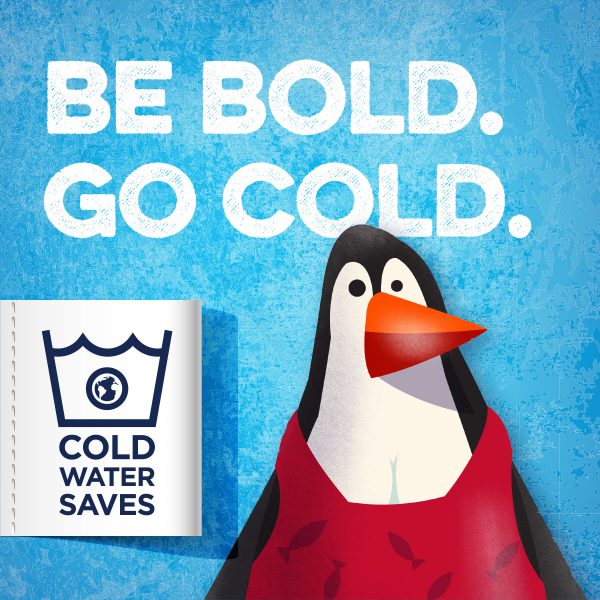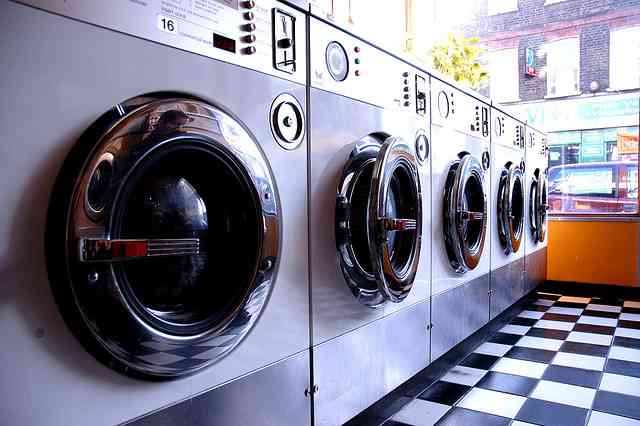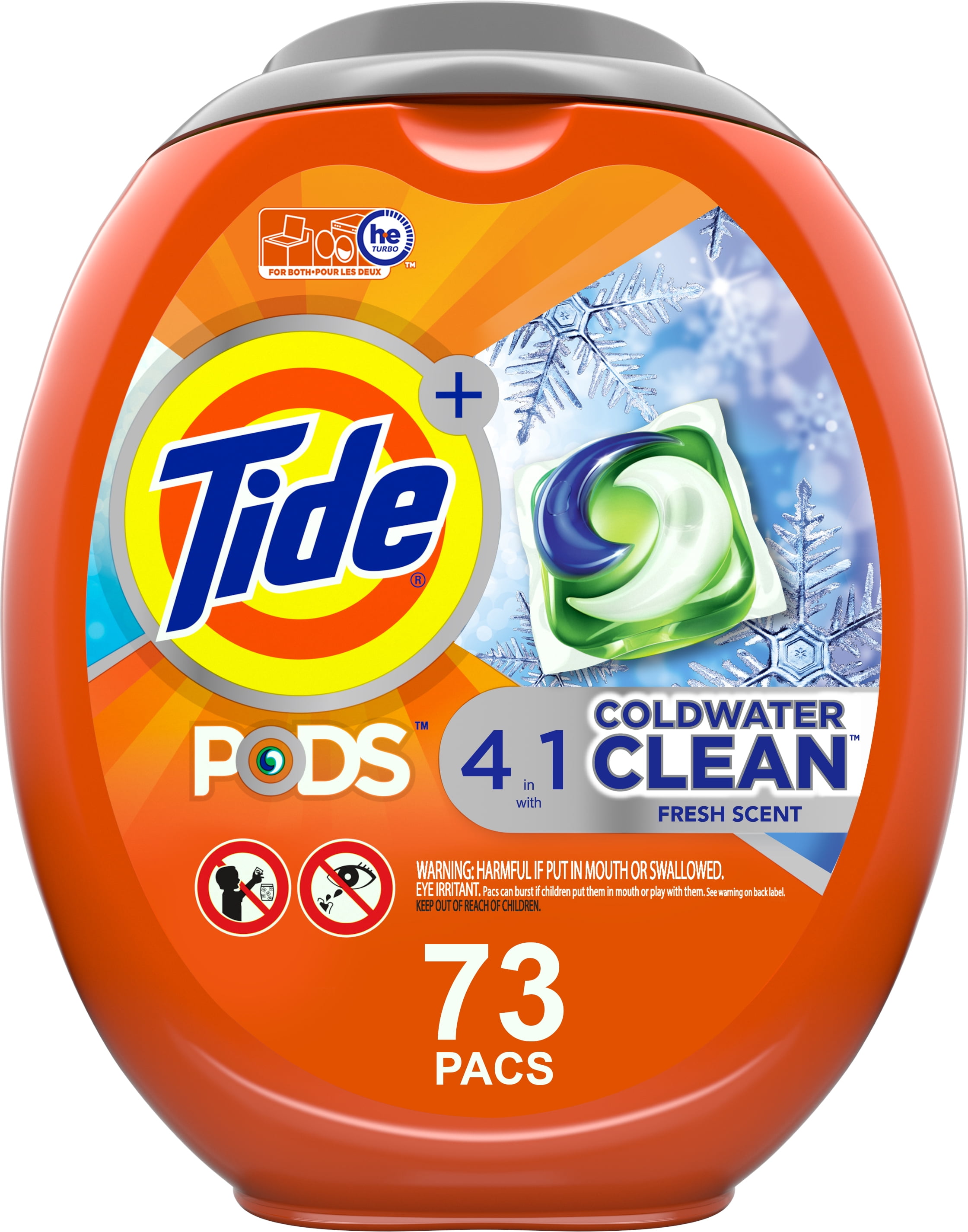Cool Vs Cold Water Laundry
Cool Vs Cold Water Laundry, Indeed recently has been hunted by consumers around us, perhaps one of you personally. People now are accustomed to using the internet in gadgets to view video and image information for inspiration, and according to the name of this article I will discuss about
If the posting of this site is beneficial to our suport by spreading article posts of this site to social media marketing accounts which you have such as for example Facebook, Instagram and others or can also bookmark this blog page.
Less hot water means youre saving money and your laundry is having less of an impact on the environment.

What is math in mandarin. Cold water washing means clothing is less likely to shrink or fade and ruin clothes. Cue cold water detergents. The selection of hot or cold water laundry cycles may be dictated by the state health care facility licensing standards or other regulation cold water laundering offers benefits but there also may be some drawbacks or special considerations when using the practice for your facility.
Sometimes though warm or hot water works better based on the fabric or the need. The choice between a hot and cold laundry wash is a decision most of us make every day. In australia washing clothes towels and sheets in cold water is the most popular choice.
Your washing machine will have the option to wash on cold water which can be as low as 200c but most machines set their cold water settings on 300c. Sometimes its safer than using hot water. But is one temperature actually better than the other for cleanliness and garment care.
Technological advances in both machines and detergents not just the cold specific kind have made cold water washing a highly effective option says colorado based clothing care expert steve boorstein. When to use hot water cold water will clean dirty clothes just fine but it wont sanitize them. Cold water can also reduce wrinkles which saves energy costs and time associated with ironing.
Hotter water can also damage some fabrics and colors. When doing a cold water wash check clothes first for any visible stains and pretreat with a laundry stain remover before washing. One of the main benefits of choosing a wash temperature of 300c is that on average you can save 57 on running costs when compared washing at 400c.
You can use cold in the following sentence in place of cool. I drink cool water only. Use cold water for lightly soiled clothes and those with blood wine or coffee stains which may set if washed in warm or hot water regardless of the fabric.
Roughly 75 percent of the energy required to do a load of laundry goes into heating the water. Using cold water saves energy putting less pressure on electricity grids. With less hot water detergent and mechanical action need to pick up the slack.
Once the water temperature reaches above 75 degrees detergents become less effective and the heat can actually help stains set into the clothing. The consensus is that cold water is more than up to the challenge of washing everyday laundry. When cold water may not work.
But remember that clean laundry trifecta. Whether it is correct or not depends on the meaning and the context cold implies a lower temperature than cool that is cold is colder than coolso it would most likely be preferable to swim in cool water than cold water.







:max_bytes(150000):strip_icc()/wash-with-the-right-water-temperature-2146348_FINAL-5bb51fb24cedfd0026d1752b.png)

